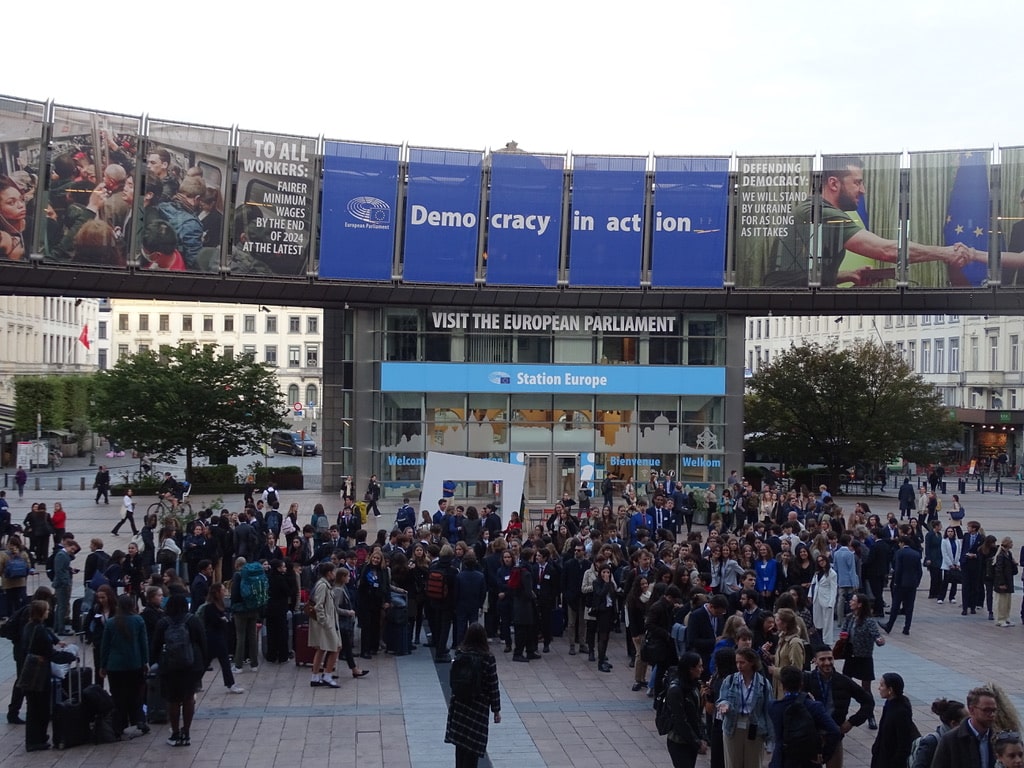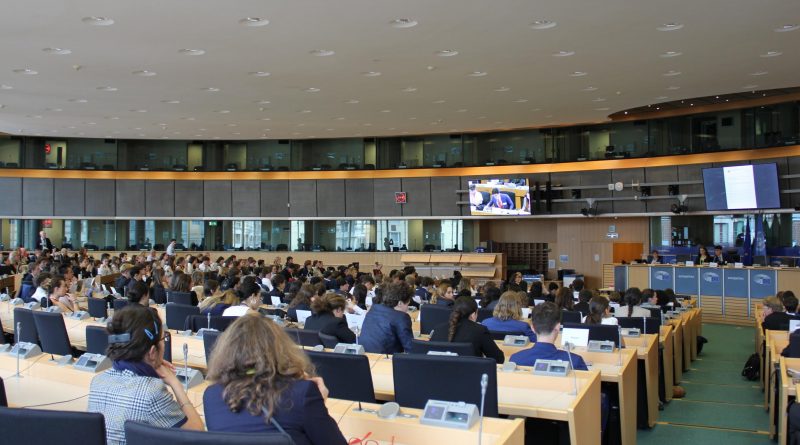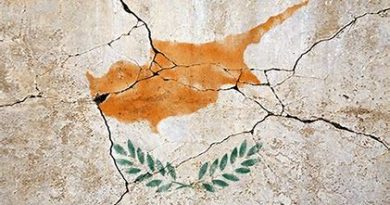A brief history of MUNUCCLE
The story behind the creation of EEB1’s beloved Model UN
The first edition of MUNUCCLE was held in 2018, for the 60th anniversary of EEB1, but how did this come to be? Let’s go back in time to a bunch of years before the first edition of MUNUCCLE. This event is mainly organized by two teachers in our school, Mr Nicolaïdis and Mrs Thomas, and their goes way back to when he was a teacher at the Lycée Français of Madrid. There, he was in charge of a Model UN where Mrs Thomas and her delegates participated as a collaborating school.
The first MUNUCCLE was organised a year after Mr Nicolaidis joined EEB1, to commemorate the 60th anniversary of the school. It was very different from the one we know today because of course; MUNUCCLE is just one of those things that gets better every year. This first model UN occurred in our own school campus; it had a total of 60 delegates and only five committees. Some of them are still here today, such as the Security Council, the Economic and Social Council, or The Human Rights Council; but it also had some more exotic committees such as the Equality Between Genders Council and the Scientific Council debating about Artificial Intelligence (nothing like the never-ending debate around AI).
Improvements throughout the years

By 2019, MUNUCCLE had already acquired significant dimensions. It was held in the Albert Borchette Conference Centre and the number of committees had grown to seven. This was the first appearance of the Historical Security Council, which was set in 1979, focusing on the American hostage crisis in Iran; and the first committee in a language other than French: The International Labour Organisation in Dutch (Internationale Arbeidsorganisatie). It was also the beginning of COP, UNESCO, and a “Special Commission for the Governance of the Seas” (which hasn’t been seen again).
2020 came… and COVID came with it. Unfortunately, MUNUCCLE had to temporarily transfer to the screen. COVID didn’t only keep us from debating in person, it also made itself the centre of our debates in 2021 as all eight committees’ topics were related to it. But still, COVID couldn’t keep it from improving, it was the first year that MUNUCCLE had speakers intervene during the debates to provide their professional insights.
Then, fast forward to 2023, the return in-situ. There could not have been a greater come-back. The MUNUCCLE organisation team certainly aimed high when choosing nothing less than the European Parliament as the location for the modelisation. As a delegate myself in MUNUCCLE 2023, I can say that it was at the same time extremely intimidating and exciting to be sitting on the same hemicycle that appears on TV and where politicians sit. It was definitely an incredible opportunity for all participants, and in the name of everyone who profited from this opportunity, I would like to thank whoever managed to make this come true.
The MUNUCCLE of today
Today, MUNUCCLE is only weeks away. This year there is a total of around 350 delegates, most of them coming from countries all over Europe such as Spain, France, the UK, and the Netherlands. The theme, however, is the most remarkable thing about this year’s modelisation. It has taken a step further. We have travelled in time up to 2030, six years from now, and the world has radically changed. There has been a general scenario created to determine what the world’s political and economic situation is and, in my opinion, the scariest thing is just how realistic it is. There is also a new committee called the “International Court of Climate Justice” that, as its name says, is in charge of climate-related justice, and that does not exist today but is created in 2028. Furthermore, the Historical Security Council is set in 2024, and will be discussing what choices we should to do avoid the catastrophic future that the scenario depicts.
For the moment, there have been four preparatory meetings in which the delegates have been introduced to the general scenario and their duties as delegates, as well as how to debate in a professional setting. Thanks to the organizing team (a.k.a. the “état major”), the interior mechanisms of MUNUCCLE have been turning for a long time, but the machine in itself is just starting to gain momentum.
Inés García Meler / S6ESA / EEB1 Uccle





Incredible article you really are gifted ines!!